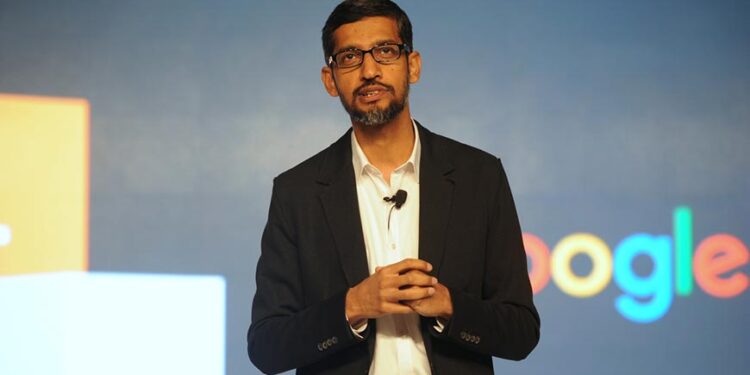Google and Alphabet CEO Sundar Pichai has predicted a slower pace of groundbreaking advancements in generative AI by 2025. Speaking at the New York Times DealBook Summit, Pichai acknowledged the significant advancements generative AI has made. He did note that the rapid transformation seen in recent years may give way to more incremental progress.
“I think the progress is going to get harder. When I look at [2025], the low-hanging fruit is gone,” he said. He emphasized the need for deeper breakthroughs to achieve the next stage of development, adding, “The hill is steeper … You’re definitely going to need deeper breakthroughs as we get to the next stage.”
Pichai pointed out that while generative AI models like ChatGPT, Google’s Gemini, and Meta’s Llama will continue to improve, advancements will likely focus on refining existing capabilities rather than introducing transformative leaps. Key areas for possible improvements will include better reasoning and more reliable execution of complex tasks.
Despite the industry’s rapid progress, the financial returns from generative AI remain elusive. A Goldman Sachs report forecasts that AI investments will exceed $1 trillion in the coming years, yet Pichai noted that significant profitability is yet to materialize. Microsoft CEO Satya Nadella offered a similar perspective, comparing AI’s development to the Industrial Revolution, which took decades before its full economic impact was realized. “It’s never going to be linear,” Nadella said.
Not everyone agrees with this cautious outlook. OpenAI CEO Sam Altman countered claims of stagnation with a post on X (formerly Twitter), declaring, “There is no wall.” Altman’s comment addressed criticism that recent iterations of generative AI, like ChatGPT-4, offer only moderate improvements over earlier versions.
Looking ahead, Pichai underscored AI’s potential to create long-term benefits, such as democratizing skills and opportunities. foresees a future where AI simplifies complex tasks like coding. He believes that within a decade, millions more people will be able to learn and use programming due to AI advancements.
Despite the potential benefits, public confidence in generative AI is still a significant hurdle. A recent study by KS&R found that nearly half of consumers are hesitant to adopt AI-powered products. This reluctance is mainly due to a lack of understanding and trust in the technology. Even among younger generations aged 18 to 24, who are generally more tech-savvy, there’s a notable level of skepticism.





















































